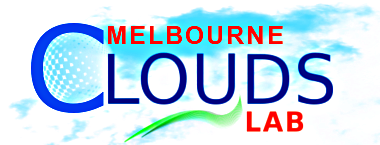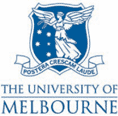Federated Learning
The number of Internet of Things (IoT) applications, especially latency-sensitive ones, have been significantly increased. So, cloud computing, as one of the main enablers of the IoT that offers centralized services, cannot solely sat- isfy the requirements of IoT applications. Edge/fog computing, as a distributed computing paradigm, processes, and stores IoT data at the edge of the net- work, offering low latency, reduced network traffic, and higher bandwidth. The edge/fog resources are often less powerful compared to cloud, and IoT data is dispersed among many geo-distributed servers. Hence, Federated Learning (FL), which is a machine learning approach that enables multiple distributed servers to collaborate on building models without exchanging the raw data, is well-suited to edge/fog computing environments, where data privacy is of paramount importance. Besides, to manage different FL tasks on edge/fog computing environments, a lightweight resource management framework is required to manage different incoming FL tasks while does not incur significant overhead on the system.
Team Members @ Melbourne qCLOUDS Lab
- Prof. Rajkumar Buyya
- Zhiyu Wang
- Murtaza Rangwala
- Avishka Sandeepa
External Collaborators
- Mingming Gong, UniMelb
- Howard Bondell, UniMelb.
- Mohammad Goudarzi, Monash University.





